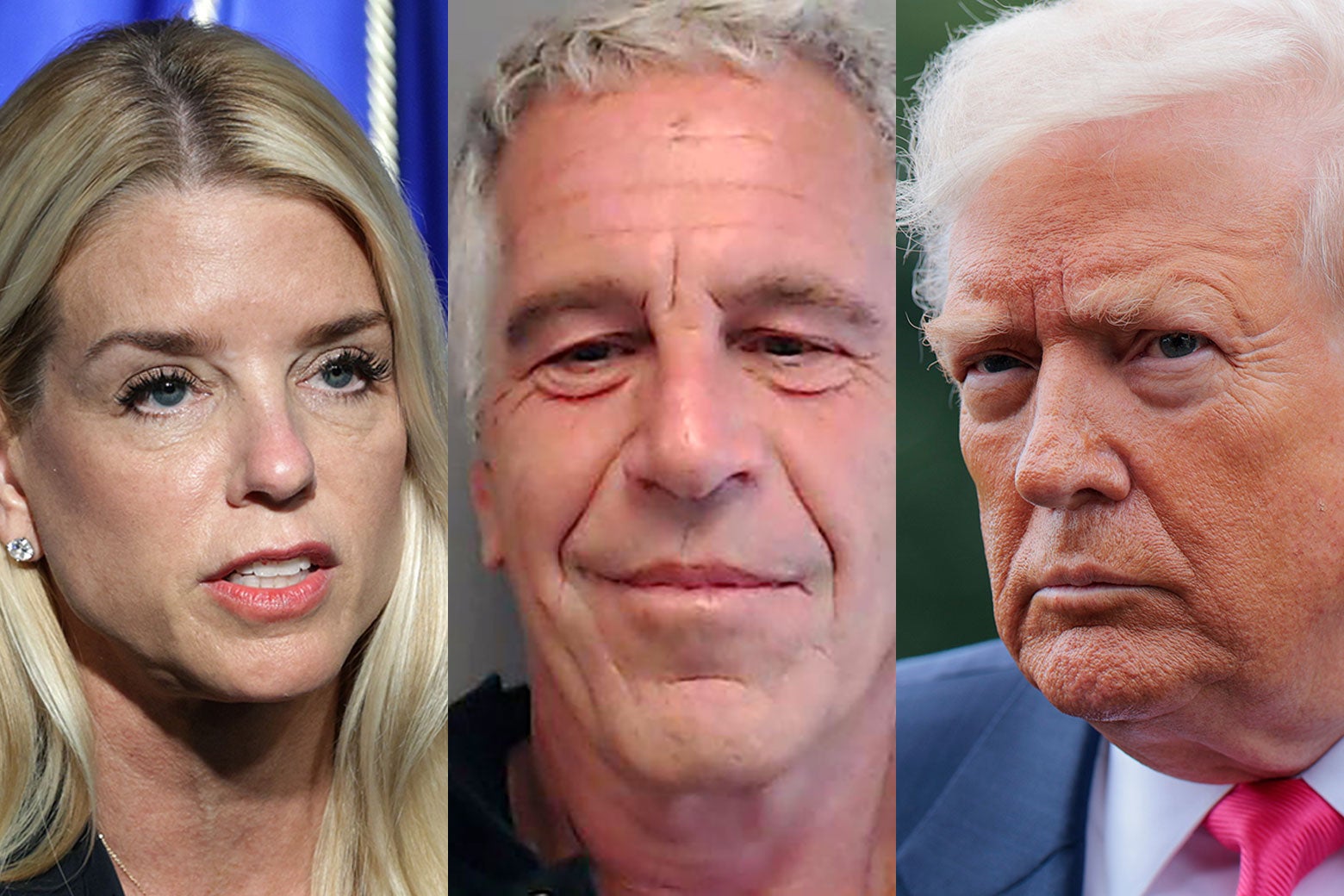
"Several articles have since suggested that Bondi's focus on grand jury testimony is both unlikely to produce useful new information about Epstein and his associates, and serves primarily to deflect blame for nondisclosure onto judges."
"A full appreciation of the cynicism of the Bondi grand jury dodge and how it fits into the brand-new determination of both Trump and his congressional abettors to block any further Epstein disclosures requires a more detailed explanation."
"Investigators ask questions. People and institutions respond voluntarily by making statements and by turning over evidence like documents, pictures, data, or objects."
"If investigators want to search for evidence in a private place but don't have permission, they obtain a search warrant from a judge."
Trump and his allies shifted their position on the Epstein records, advocating silence instead of disclosure that could implicate high-profile individuals. The Justice Department stated the Epstein records showed no new evidence. Attorney General Pam Bondi's call for grand jury transcripts seems unlikely to yield new insights, acting instead as a cover for the lack of transparency. Understanding this strategy requires examining the motivations behind the push to limit disclosures linked to Epstein and the grand jury’s role in federal investigations.
Read at Slate Magazine
Unable to calculate read time
Collection
[
|
...
]